Successfully funded on Kickstarter in April 2025, Sanguine Foundations by Khalid Johnson is the story of Jess Freeman, a Black trans woman who discovers that she’s a witch after enrolling in a magical university, with a violent and transphobic past. Johnson was inspired to write the story after witnessing how transphobia was impacting his friends and the world around him.
For those of you who missed the Kickstarter, Sanguine Foundations will be available for free on the Hyper Comics website and GlobalComix.
The Beat caught up with Johnson over email to discuss Sanguine Foundations, what inspired it, and art as advocacy.
OLLIE KAPLAN: Can you explain to our readers what this comic is about and what inspired the story?
KHALID JOHNSON: Sanguine Foundations is about Jes Freeman, a Black trans woman who discovers that she’s a wizard and after enrolling in a magical university, discovers that it’s less magical than she thought; built on slavery with transphobic policies in practice.
I saw how transphobia was impacting my friends and the world around me. I was frustrated seeing celebrated artists manufacture harm against trans people and other vulnerable communities and the exhausting conversations about separating the art from the artist. If art can be a weapon for harm and oppression then it can also be a tool for social change and I wanted to advocate on behalf of my friends and trans folks, using my art as a tool for that.
KAPLAN: The story begins with a message about “separating the art from the artist” and why that doesn’t work. Let’s talk about that.
JOHNSON: I started with this idea at the forefront, obviously inspired by the consistent discourse around this. Art doesn’t exist in a vacuum, it is made by people, informed by their experiences, perspectives and politics. While frankly impossible, separating the art from the artist would destroy the work or at least fundamentally change it. From an institutional perspective, you can’t divorce the United States from the slavery it was built on or the genocides it commits to expand its power. People are not institutions and it is my personal belief that people are imperfect but that everyone is capable of change. We are all going to cause harm and should be given grace to grow and learn from our mistakes. However, that is all dependent on someone’s will to change and their accountability. I think when we’re looking at artists actively profiting from their harm, continued support gives them basically a blank check to commit more. I think this discourse is at best an attempt to retain some sense of morality while not sacrificing anything and at worst a signal that someone is apathetic or willful.
KAPLAN: I love how this story explores what we call the “trans tax,” which includes things like the never-ending effort to update your name. How do you use your comic book work to raise awareness about oppressive systems?
JOHNSON: There’s an awareness of those systems that I credit to lived experience as a Black man in America and then to my college education. Seeing the systems at work has a way of making us feel powerless and that’s by design but there’s power in our voices, in our collective struggle and in our art. Everybody has something they can contribute to making the world a better place, everyone has a role to play. I think that direction in my comics work became that much clearer to me as I studied other comics creators, other artists and activists. I think comics, art in general can make the conversations of these systems more accessible; taking these things that may feel distant or abstract and connecting the dots in a story. Comics as a visual storytelling medium gives me and other creators the space to use characters and/or a narrative to talk about the world around us, to highlight the struggles we’re facing. Maybe someone won’t be inclined to listen to me yap or maybe there’ll be a disconnect between a conversation and the world around us but I think a comic illustrates my points easier. For me, being able to have these conversations reach even one person is significant and makes the whole comics making process that much more worthwhile.
KAPLAN: Relatedly to Question 3: In the “Thank You,” you discuss how art is a tool to put out societal infernos. With the current administration’s attack on the arts (which are shown to create empathy for minority communities), it’s more important than ever to discuss art’s role in social change. How do you hope your stories can help implement that change?
JOHNSON: I view my stories as a conversation and I think stories in general, media in general pushes that conversational needle. So much of the pushback that we’re seeing is because these stories were being told, because marginalized experiences were being highlighted and it challenged the status quo that we’ve been living under. I don’t think we should ever reach a place where we’re okay with oppression for anyone and I think a society that normalizes it for trans people, Black people, Palestinians, anyone, is a society that needs to change. I hope that my stories, these conversations can help push the needle, can help in making issues more visible, and can help in empowering people.
KAPLAN: There are a lot of music references throughout the comic (and it inspired me to add some Wu-Tang Clan to my reading experience). Are albums like Little Simz’s “Sometimes I Might Be Introvert” meant to be listened to as you read? In your opinion, how does music enhance the comic book reading experience? How do you create a comic that matches the flow of a song?
JOHNSON: I actually made a playlist for the book because there were certain scenes that I just imagined with music. Hip hop is in its DNA and I think it’s a love letter to that idea. The cover for each chapter is inspired by an album and I think listening to those projects sets the pace and mood for the chapter so, absolutely. The medium presents this interesting challenge because there’s no audio and trying to evoke musicality means looking for ways to signal a song to you or just trying to carry the energy of a song into a scene and either letting it breathe or really dialing everything to eleven.
KAPLAN: Can you tell me more about the connection between hip-hop and comics, and what that means to you?
JOHNSON: Hip-hop is a radical tradition and has been a tool for challenging oppressive systems. At the same time, there’s the commercial and corporate interests which can also be said for comics. The trajectory of these mediums in America almost mirror each other, they rhyme and at many different points have been intertwined through album covers and superhero references to comic covers homaging album covers and comics exploring hip hop history or hip hop artists making their own comics. As a student of both of these mediums, I learned a lot about the world and myself through them, being pushed as a person and as an artist. This book was a space to join those two passions.
KAPLAN: The typography you use to letter when Jes freestyles is pretty unique. Can you tell me more about it?
JOHNSON: The font is Pentagram Salemica. I made my own font for dialogue but when lettering her freestyles in it, the result wasn’t quite as magical as I wanted it to be. Pentagram Salemica has this weight to it and the characters make it feel “witchy” which were a great fit.
KAPLAN: What was your experience Kickstarting this comic?
JOHNSON: Promotion is hard. Developing a gameplan and things to share is also hard. I’m not really active online, I don’t post much and so to do that for like 30 days was a challenge on top of hoping that something would hit the algorithm right.
I am proud of what I made for promotion though. One of the biggest things I committed to doing as part of that was learning to make music and learning to rap. I made a couple songs, some different pieces of art all while working to finish the book. I was getting up at 4:30 every morning to make sure that I could get it done ahead of the release date.
KAPLAN: Is there anything else that you would like to add?
JOHNSON: We’re in terrifying times but we get through it together. We have to imagine a better world and I think stories help us do that. One of the biggest influences in my creative process for this story was Galaxy the Prettiest Star by Jadzia Axelrod and Jess Taylor which helped expand my imagination for how music and comics could meet. There are tons of trans artists and storytellers showing us what’s possible and these stories, our art is a tool to help us fight the power.
Check out some more preview pages below:










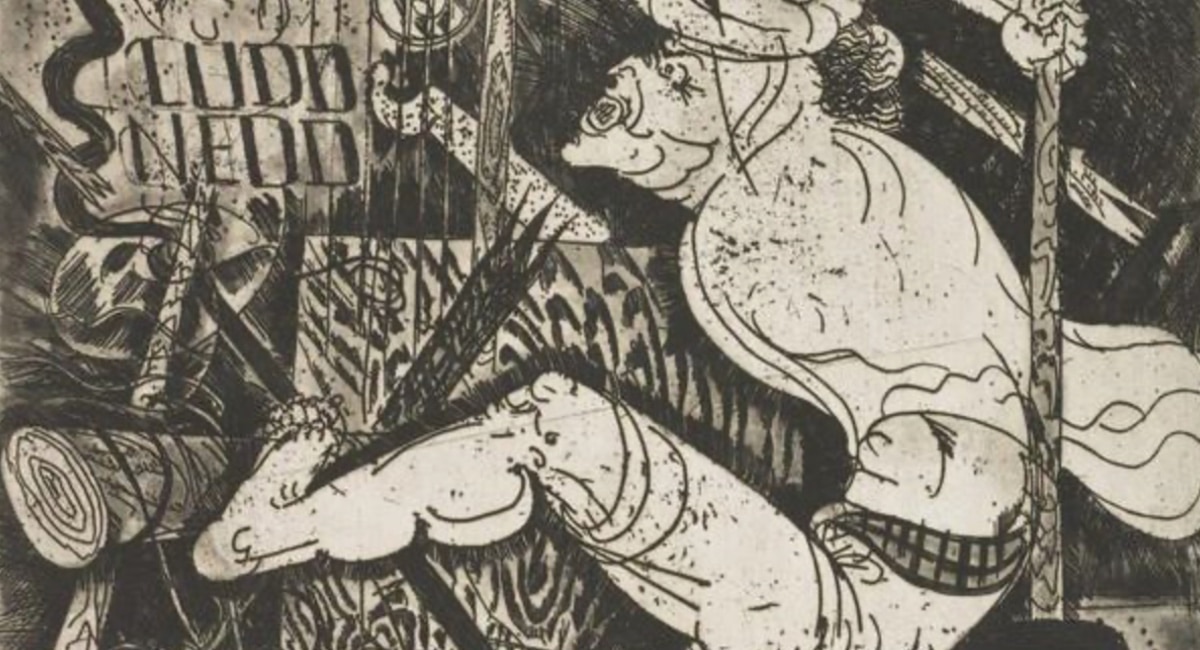

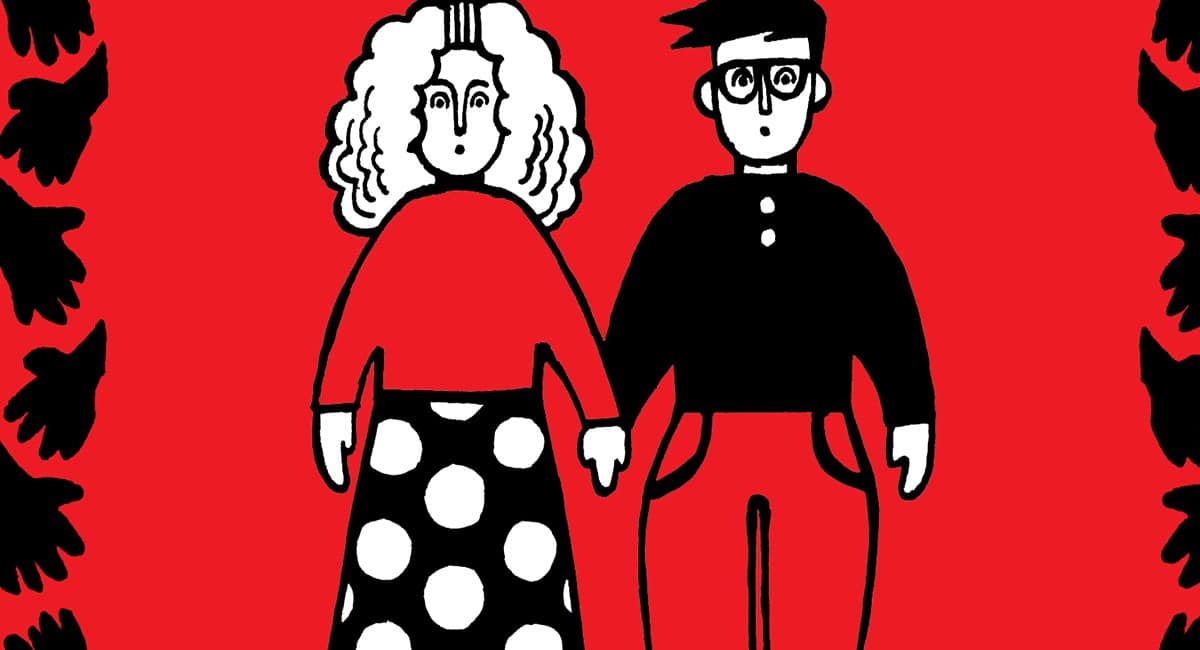






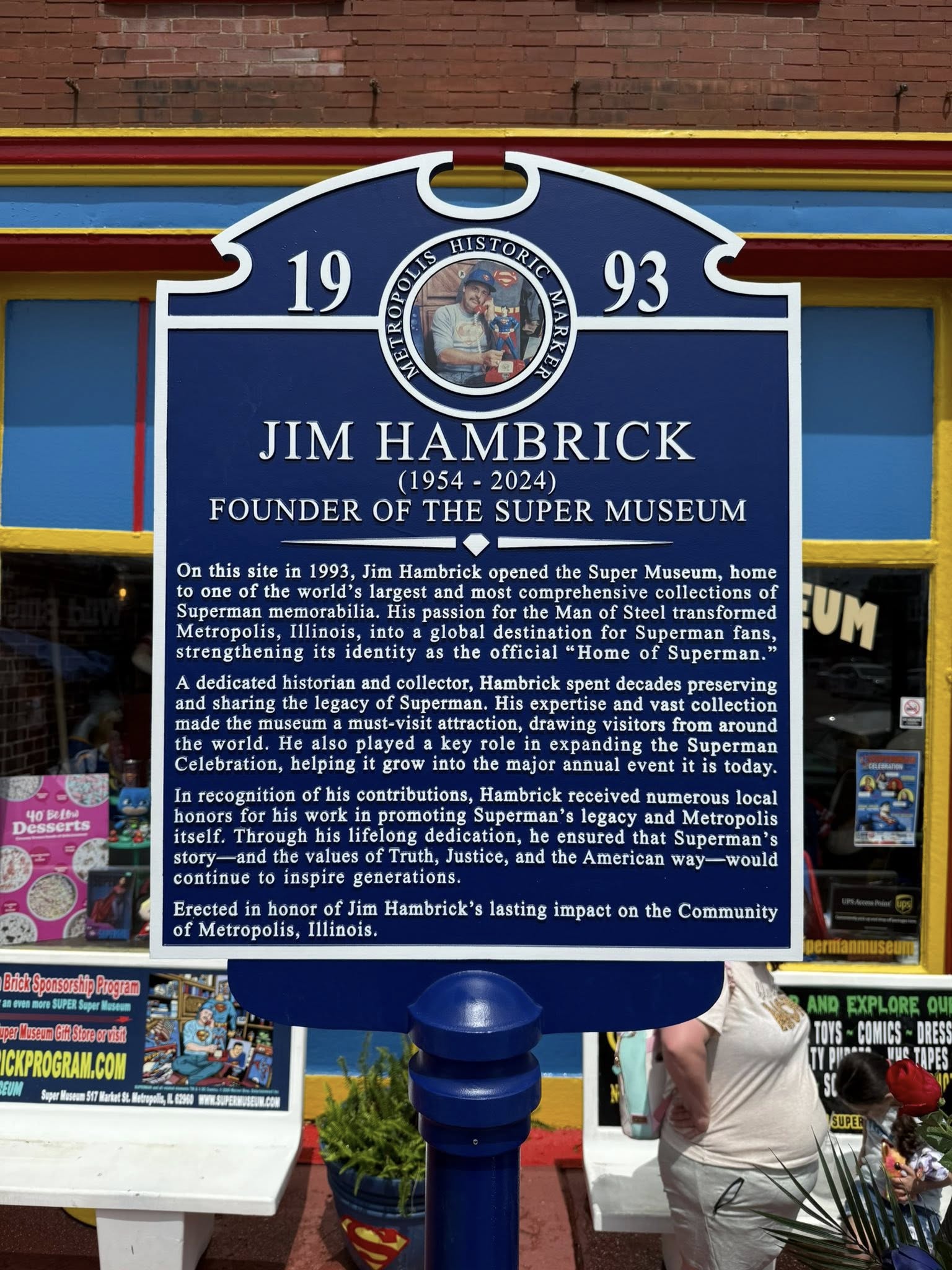



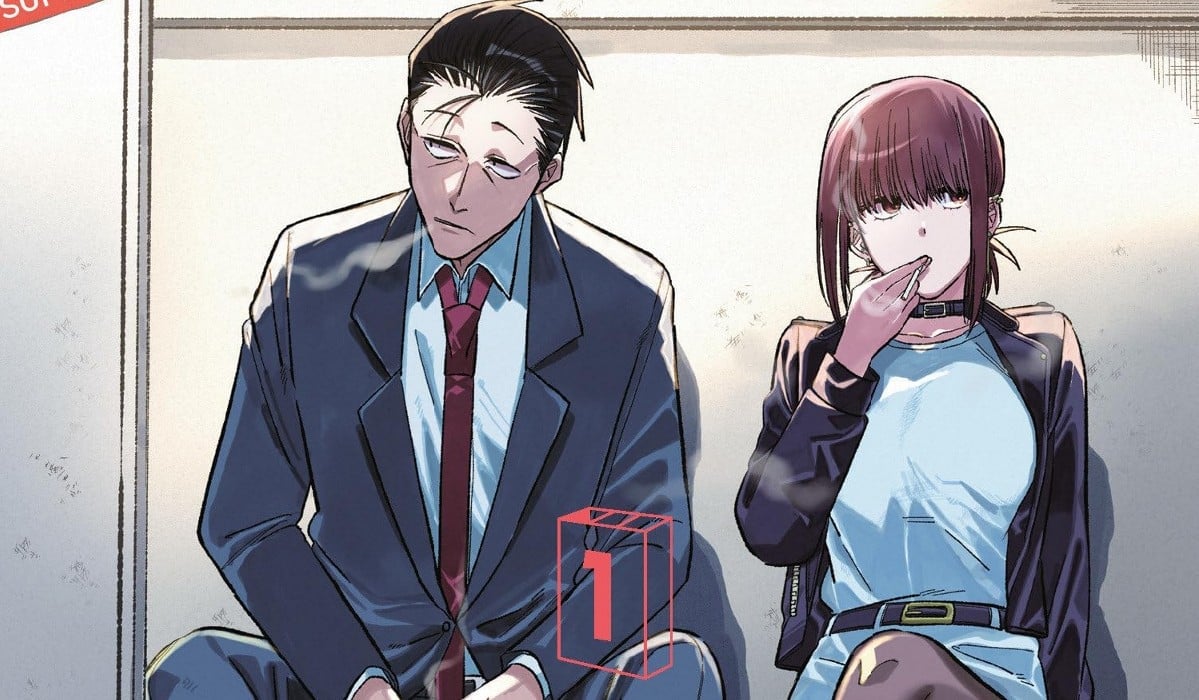
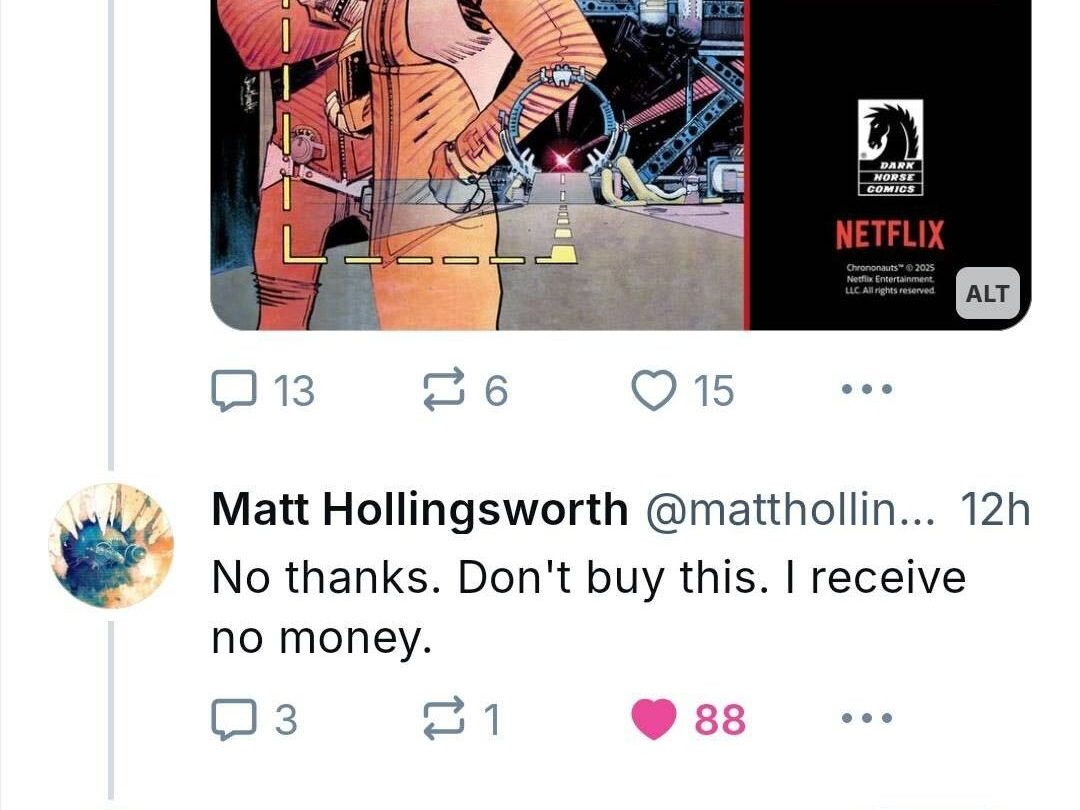

 English (US) ·
English (US) ·